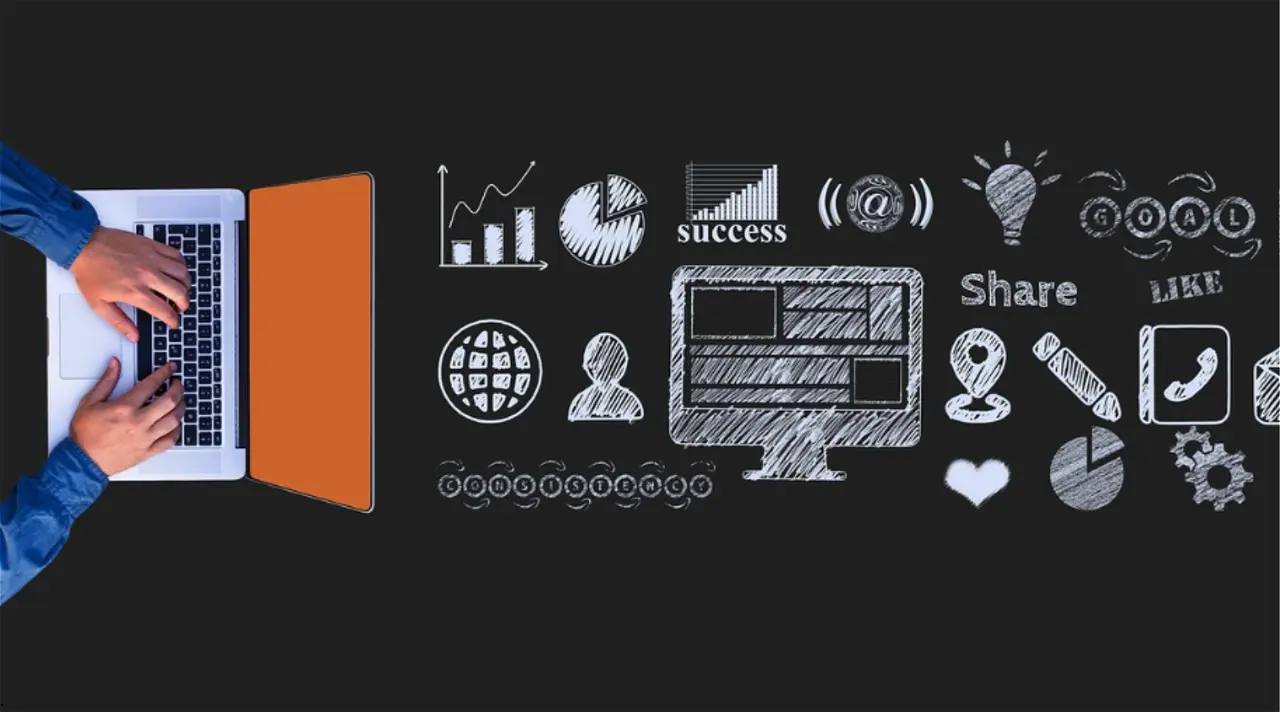The Psychology Behind Digital Ads: What Makes People Click?


With the age of instant digitization, advertisements are ubiquitous. Social media sites to search engines, businesses employ digital advertisements to capture user attention and trigger conversions. But why do people click on them? It's psychology. Psychology of human behavior, emotions, and decision-making patterns is the key to successful digital advertisements.
For advertisers, all this psychology means improved-performing ads, increased conversions, and improved ROI. That is why joining a Digital Trainee’s Digital Marketing Institute could be worth it as it educates professionals to the science of ad engagement. This blog discusses the key psychological concepts that cause users to click on digital advertisements and how the marketer can take advantage of them.
PEmotions decide. Online ads appealing to strong emotions—happiness, excitement, fear, or nostalgia—are likely to be successful. Emotional stimuli build an emotional connection with the audience, and they are likely to react to the ad.
Others' approval is superior to a firm's declaration. Social proof is where this holds true. If most people see how other people have reacted positively towards a brand, then they will do the same thing.
Learning from social proof, the advertisers learn how to capitalize on best practices from Social media marketing course in which they learn best practices about how to optimize ad performance by getting the best out of user engagement.
Humans crave individual experiences these days. People ignore mass-market advertisements but heed customized ads.
Personalization makes the ad more relevant, and users feel special. SEO training programs include practices such as keyword optimization, user behavior analysis, and audience segmentation, all of which contribute to having well-targeted adverts.
Visuals have a direct influence on user behavior. Different shades of colors have an influence on the mood in distinct ways and can have impacts on advertisement success.
Aside from color, nice typography, interesting animations, and good visuals also make a piece of content effective. All Content marketing training sessions provide practical training in crafting effective ad creatives that stop users in their tracks.
Humans will only interact with a brand after it has given them value initially. That is the law of reciprocity. If people perceive that they are getting something that they can use without cost, then they will catch themselves clicking on an ad and making a purchase.
This concept is heavily applied in Email marketing training, where people are instructed on how to create effective lead magnets and email campaigns.
Scarcity is a stimulus that induces an emotional response and compels people to act quickly. If people feel something is in short supply, they will appreciate it more.
By using scarcity tactics, brands trigger faster decision-making, something which is widely talked about in PPC advertising training courses.
"The aim of marketing is to know and understand the customer so well the product or service fits them and sells itself."
- Peter Drucker
Individuals like to interact with adverts that are easy to comprehend. Difficult messages take more effort, and this can cause disengagement.
Knowledge of cognitive ease is at the core of any person who takes an Online marketing certification because it leads to good and effective ad designs.
Repetition increases brand recall. Since the same brand message is continuously shown to users, they are more likely to remember and accept it.
Repetition is also a central aspect of Digital marketing certification courses, where the students are instructed to attain brand continuity through various marketing channels.
Digital ad psychology knowledge can significantly improve ad performance and interaction. By utilizing emotions, social proof, personalization, color psychology, scarcity, and cognitive ease, marketers can create high-converting campaigns.
For those searching to enhance their digital marketing skills, join Digital Trainee, the best Digital Marketing Institute. We also provide Online Digital Marketing Courses that can be a fortune-changer. The institutes provide intensive training in SEO training courses, PPC advertising training, Performance Marketing Workshops and Content marketing workshops to equip professionals for a lucrative career in digital marketing.